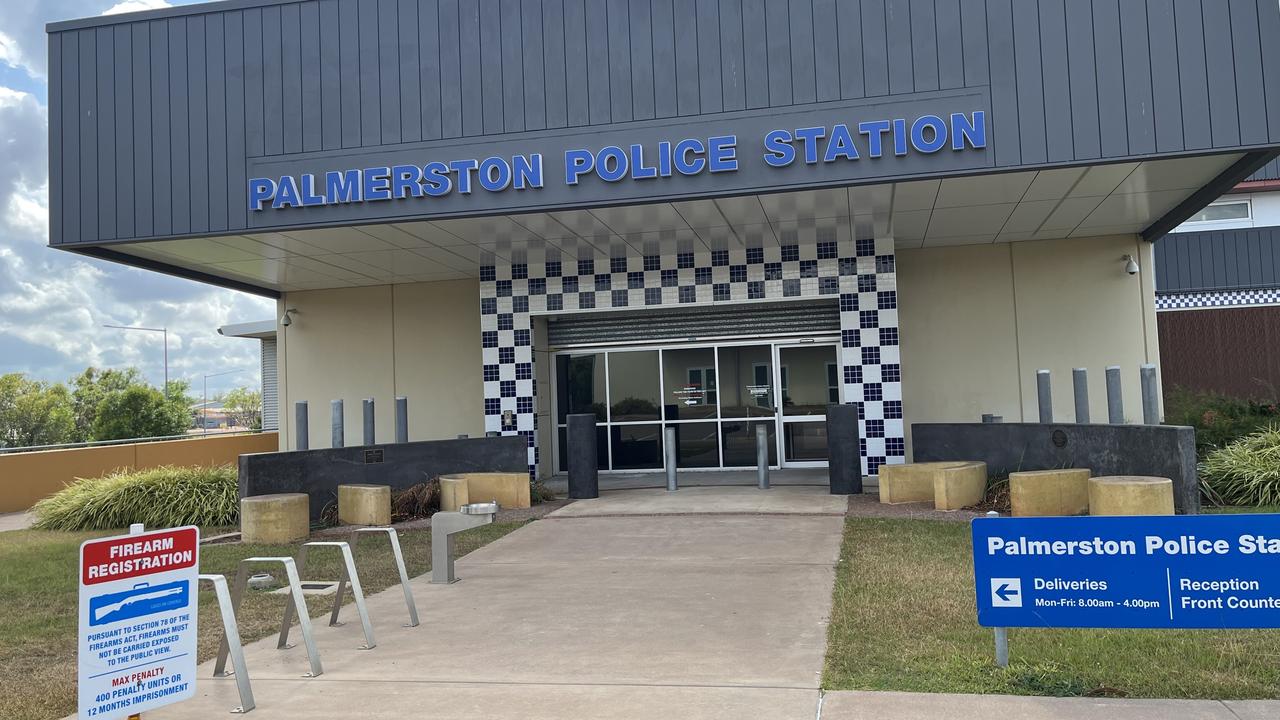
Detainees crammed into cells, unable to shower or brush their teeth for days on end and denied toilet privacy.
Legal advocates say an overcrowding crisis in Northern Territory prisons and watch houses is prompting constant lockdowns and making it unsafe for detainees denied basic human rights and forced to accept "third world conditions".
It's claimed Aboriginal children as young as 11 have been held at Palmerston Watch House, south of Darwin, and that cells there have at times been jammed with up to 17 people, with frequent cases of self harm occurring.
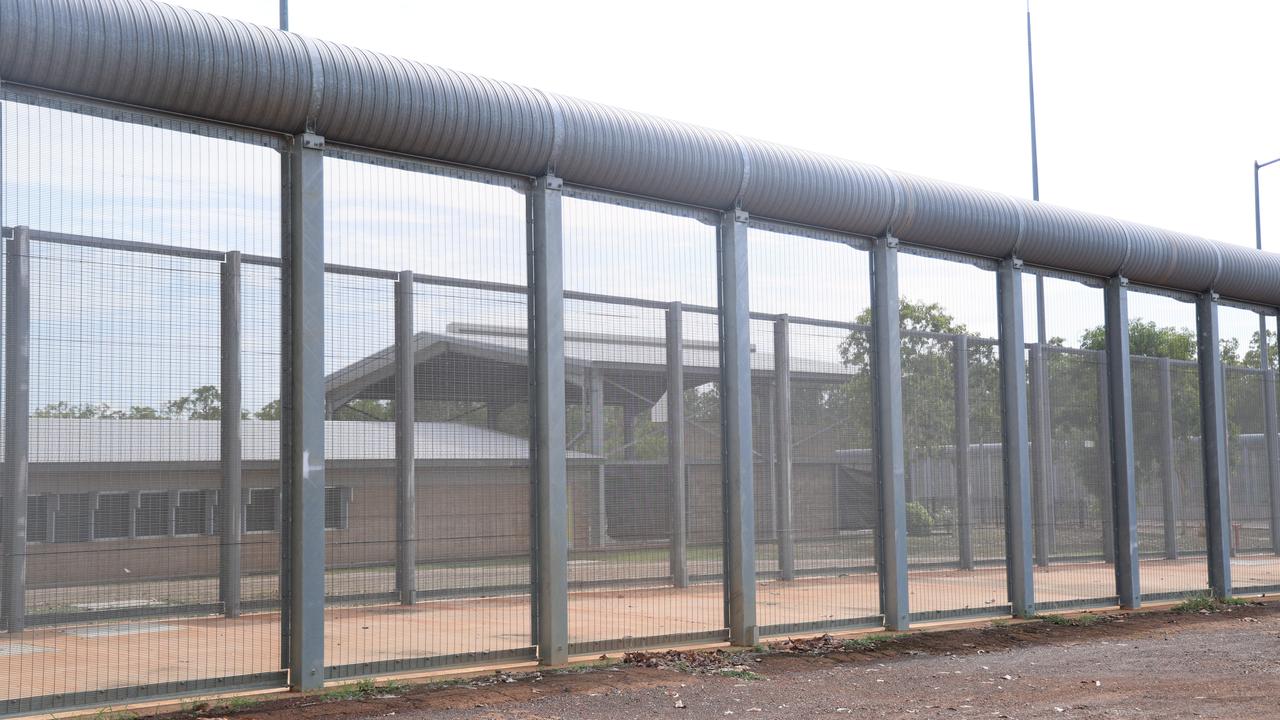
Detainees report having to use toilets in front of others, make do with limited sanitary products, sleep under bloodied blankets and go without medication for epilepsy and other conditions.
The NT police union is concerned watch house conditions are making it dangerous for both officers and detainees.
Territory barrister Lyma Nguyen says the "appalling" situation reflects a justice system that appears to be breaking down.
The Country Liberal Party government has been pushing through a tough-on-crime agenda, including harsher bail conditions designed to send more people to the cells to await court cases.
It is unapologetic about favouring victims over offenders and has been rolling out hundreds more beds in prisons and hiring more guards to cope with the influx.
But until prison capacity catches up, watch houses are often crammed and lockdowns are constant, largely due to lack of staff.
"I defend many people in criminal cases who are arrested and held at watch houses over weekends before they are brought to court to see a judge," Ms Nguyen tells AAP.
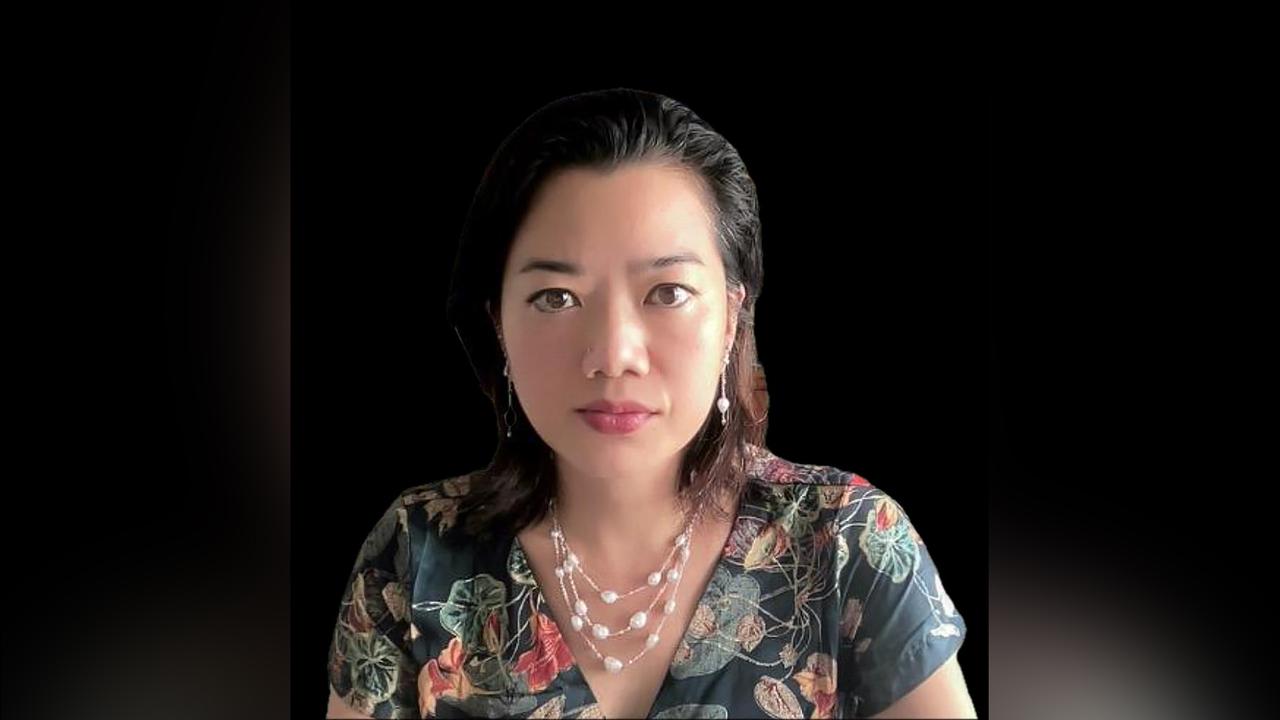
Some clients then find out in court on a Monday their paperwork is not ready or there are too many cases to hear that day so they are sent back to the watch house, she says.
"So people are held in custody for longer than necessary in really appalling conditions; I'm told there are often 17 people to a cell."
Ms Nguyen says one of her clients was in Palmerston Watch House for five days without an opportunity to shower or brush his teeth despite his family bringing him fresh clothes and supplies.
The circumstances are arguably worse than in some prisons in Third World countries, she says, suggesting United Nations scrutiny of the issue is needed.
Her clients who have spent time behind bars in Indonesia and elsewhere in Asia have reinforced this.
Constant lockdowns mean lawyers are often barred from seeing clients, a breach of the international right to representation, Ms Nguyen says.
"This would not happen in the bigger states, especially states that have a bill of human rights", she adds.
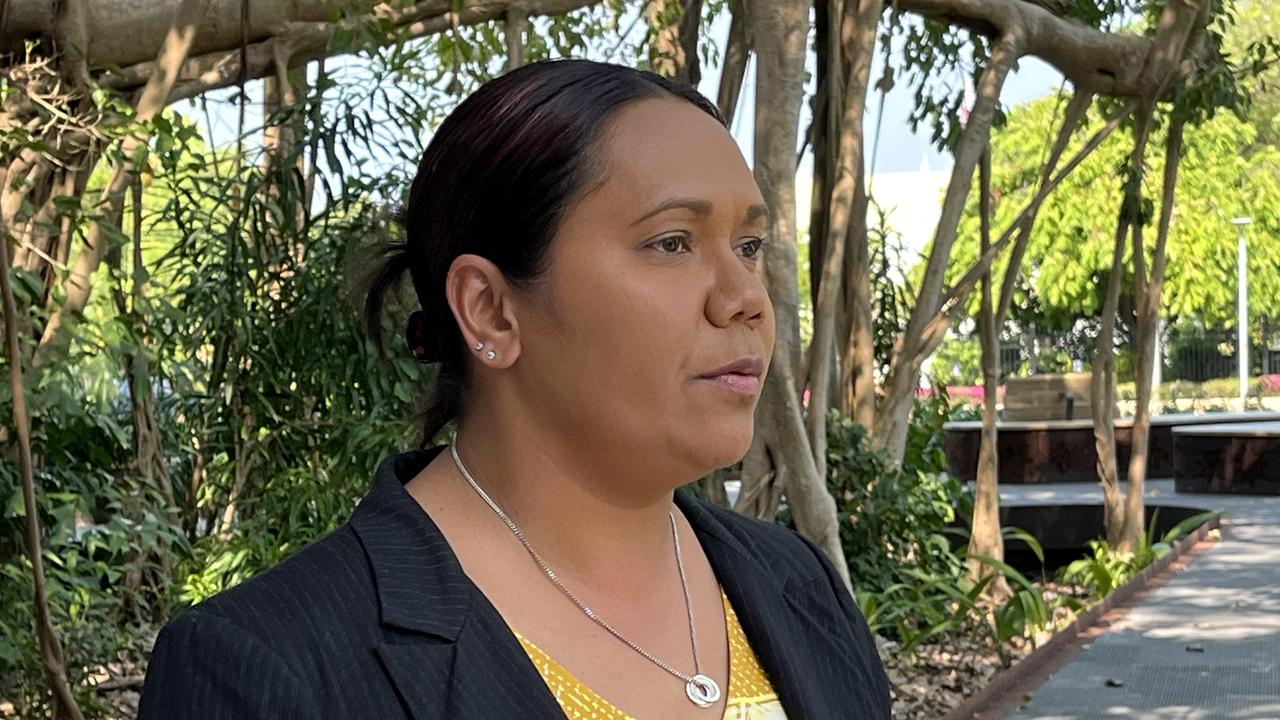
NT Opposition Leader Selena Uibo says comments by the police association and Aboriginal justice agency make it clear Palmerston Watch House is unsafe for officers and those held there.
A request for Labor MPs to visit the facility has yet to be granted, she says.
"I understand police have changed their shifts and changed the way they look after the Palmerston Watch House so they can deal and cope with that extra pressure," Ms Uibo recently told reporters.
NT Police Association president Nathan Finn agrees the facility has reached "crisis point", putting officers, prisoners and the broader community at "unacceptable risk".
"The CLP government has made repeated promises to stop using police facilities for correctional purposes, yet the Palmerston Watch House is now overflowing," he says.
"It's not a matter of if but when a serious custody incident occurs.
"This government continues to beat its chest about locking up more offenders but it has utterly failed to plan for the consequences of its own policies."
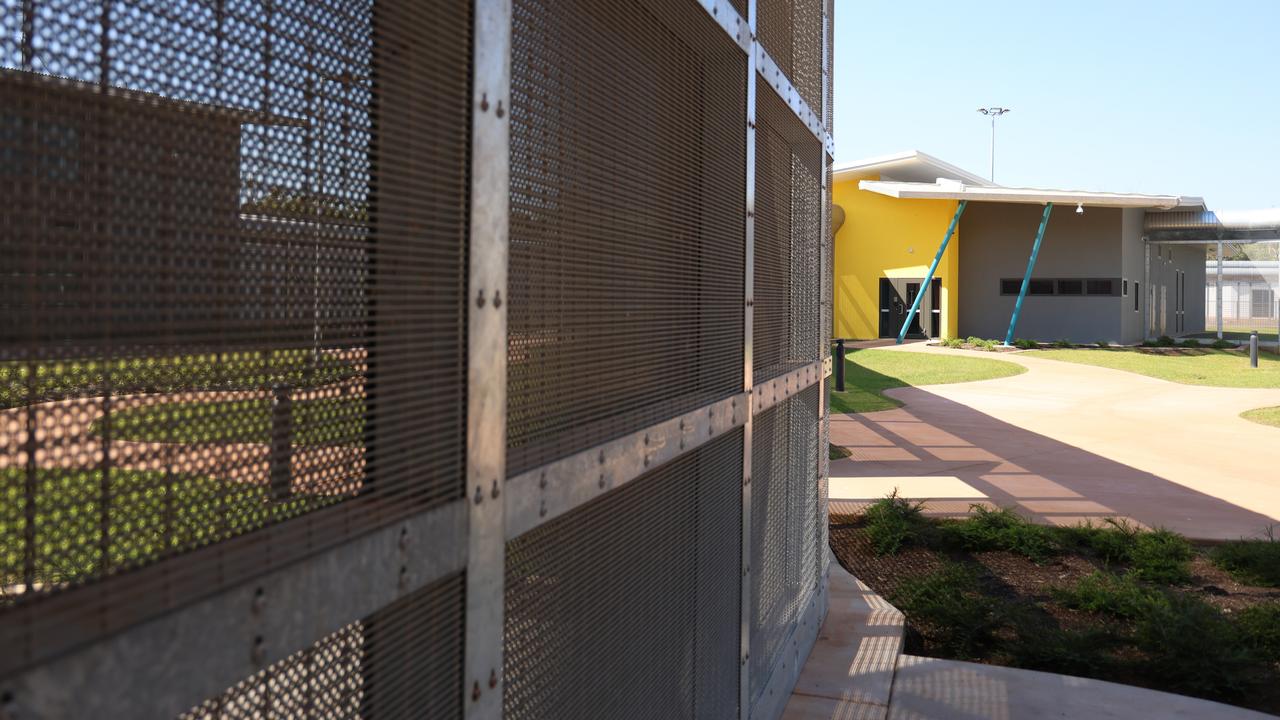
Mr Finn says police are exhausted, burnt out and being called in on overtime just to maintain basic safety.
The North Australian Aboriginal Justice Agency recently highlighted the case of an 11-year-old girl held at Palmerston with "adults in surrounding cells screaming, yelling".
The agency described that as a "breach of human rights" when children taken into custody should be transferred to a youth detention centre as soon as possible under court order.
Police data recently released to the ABC under freedom of information laws show 19 cases of children self-harming over six months at watch houses in Palmerston, Tennant Creek, Alice Springs and Katherine.
The youngest of the teens to self-harm was 13, while there were five cases featuring 14-year-olds and all but one matter involved an Indigenous teen.
NT Chief Minister Lia Finocchiaro, who is also police minister, stands by authorities using watch houses to process youths taken into custody.
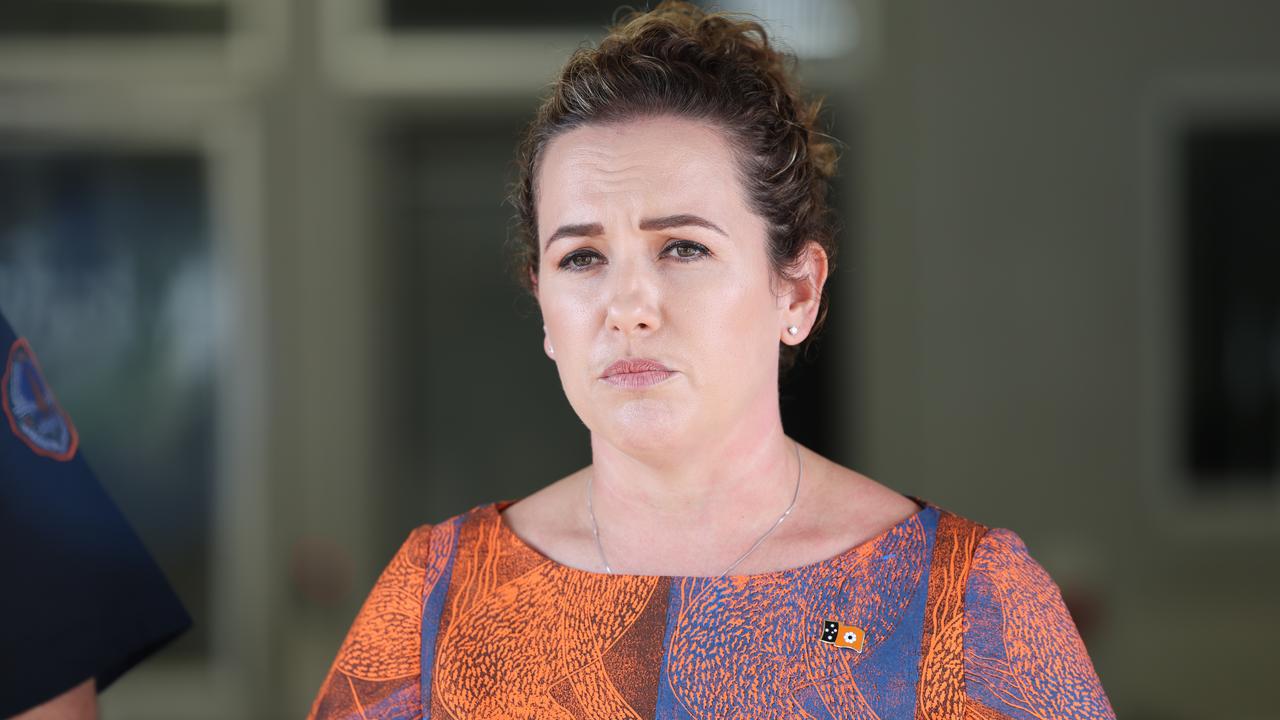
She's told ABC Radio they employ "a lot of oversight and controls and policies and procedures" and she considers them "very safe places".
The territory's police force similarly says they are managed within a strict framework that provides guidance on the care and treatment of persons in custody.
"The primary consideration in relation to people in police custody is the safety and welfare of the individual," it says.
Corrections Minister Gerard Maley has acknowledged the pressures at Palmerston but says his department is working as quickly as possible to get more beds online.
He says the government is also easing the load on police and corrections officers by contracting private service provider G4S to take on prisoner transport and custody services.







